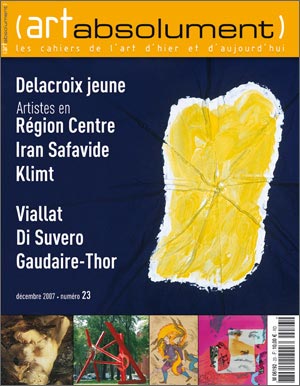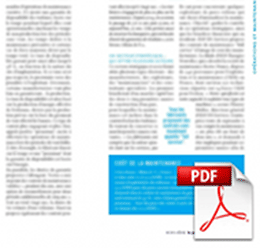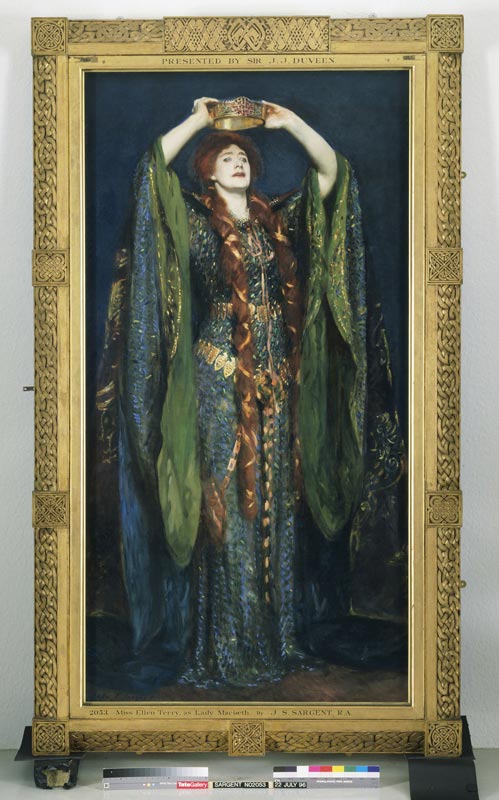Gustav Klimt
1862 (Baumgarten) / 1918 (Vienne)
"In their sinuous beauty, Klimt's women are part of an expanded decorative style, which is not limited to these erotic models alone, even if the drawings bear witness to an intimate feminine eroticism, often caught up in a solitary erotic ecstasy. Using the assembly of heterogeneous and apparently incompatible spaces, encrusting and stylizing the materials in orientalizing decorative processes to the point of putting an ideal gold all Byzantine, Klimt uses the crossing of two modalities of the decorative line: the ascending verticality of the formats and certain draperies, and the curve, nourished by all the possible inflections of almost aerial bodies. Androgynous, fatal and castrating women (Judith or Salome), immaterial pearly bodies and bodies-lianas and flowers, Klimt's painting has a cosmic vision and a true aesthetic of fluidity that goes beyond the clichés of the time."
Christine Bucki-Glucksmann, Art Absolument n°23, December 2007
"In their sinuous beauty, Klimt's women are part of an expanded decorative style, which is not limited to these erotic models alone, even if the drawings bear witness to an intimate feminine eroticism, often caught up in a solitary erotic ecstasy. Using the assembly of heterogeneous and apparently incompatible spaces, encrusting and stylizing the materials in orientalizing decorative processes to the point of putting an ideal gold all Byzantine, Klimt uses the crossing of two modalities of the decorative line: the ascending verticality of the formats and certain draperies, and the curve, nourished by all the possible inflections of almost aerial bodies. Androgynous, fatal and castrating women (Judith or Salome), immaterial pearly bodies and bodies-lianas and flowers, Klimt's painting has a cosmic vision and a true aesthetic of fluidity that goes beyond the clichés of the time."
Christine Bucki-Glucksmann, Art Absolument n°23, December 2007



